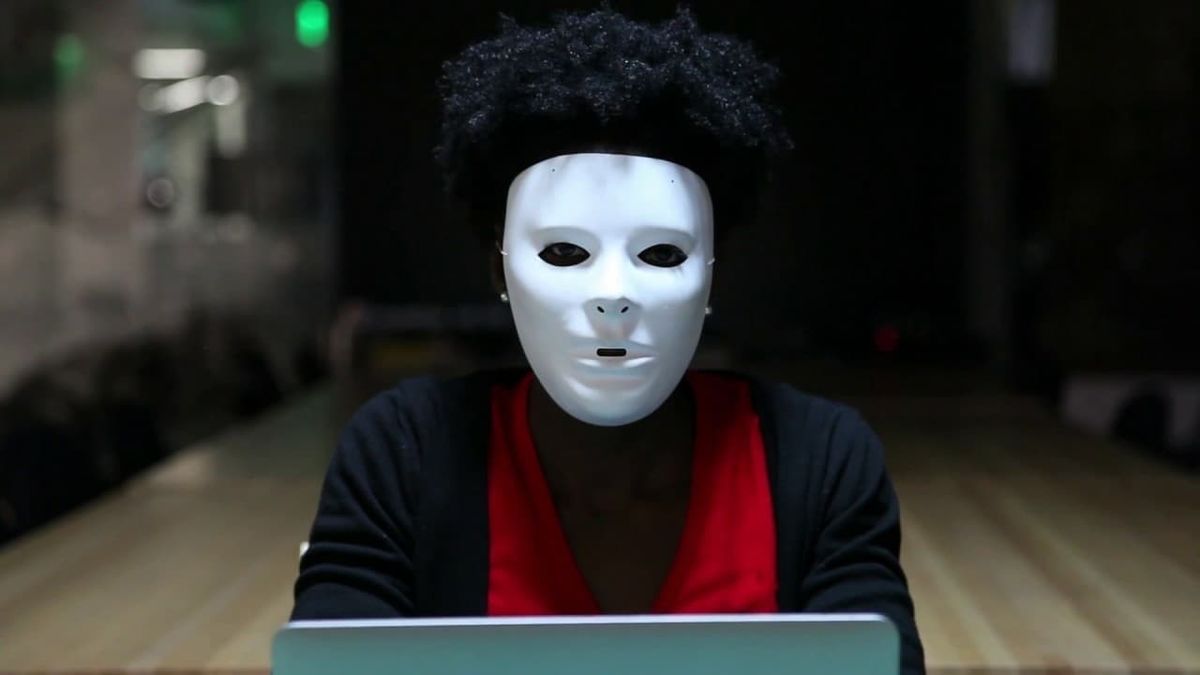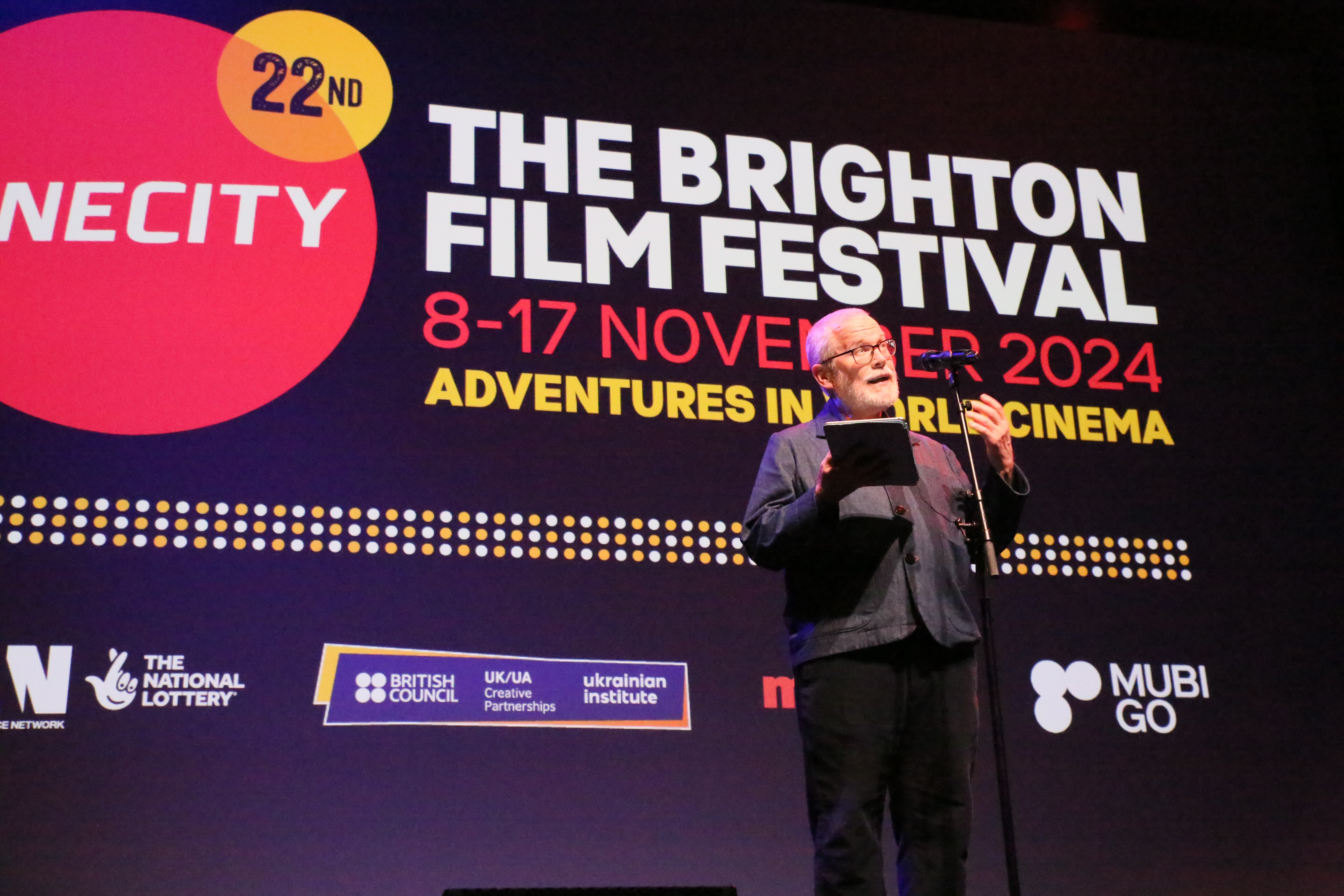
Review: Coded Bias
By Lucca Mansell, University of Sussex
An encapsulating documentary, which gives a chilling reality of artificial intelligence. Coded Bias follows the media lab researcher Joy Buolamwini and how she wants to exploit the racism and sexism in multiple computer-based algorithms across the world. While also interviewing a different range of people, Shalini Kantayya allows us to view A.I in a way that isn’t only unnerving but discriminatory.
Looking at how machine algorithms now pick up our interests and hobbies for further marketing, A.I is proven to enhance the gender and race inequalities that is already present in our society. Facial recognition being the main focal point of the documentary doesn’t stop Kantayya from consistently showing how the algorithms have affected various people and their livelihoods. From a group in London who are trying to show the misuse of detection cameras that frequently misidentify pedestrians to Joy whose ongoing studies prove that a high percent of the algorithms only picks up white males and exclude other minority groups. When using facial recognition technology herself, it didn’t recognise her face until she held a white mask to her face, immediately showing the discriminatory actuality of A.I
While having an unsettling feeling for the future and including references from Orwell’s 1984, it gives a sense that fictional ideas of the world are becoming reality. Showing the social implications of A.I by reviewing the system in China, Kantayya reflects on the concept of social credit and how it isn’t a so distant image of the US. The political stance helps generate the theory that it isn’t just the technology that should be to blame but the higher organisations that control and monitor what citizens are doing. Linking with the bias’s it leads us to question whether the algorithms are just as fault as the people who programmed them.
The use of having relevant text on the screen from what the interviewees say helps to have an empathetic view instead of just being shown overcomplicated statistics that don’t give the true emotion of the argument. Although the fascinating documentary is very disconcerting in many aspects, it also gives a feeling of hopefulness, a generation that not only wants to stand up against facial recognition but also the sexist and racist elements that it encompasses.
Overall, the documentary which doesn’t only give a threatening outlook of artificial intelligence it also reveals the vulnerability of the people who are affected by it. An overwhelming topic that is broken into manageable pieces generates an intriguing documentary that is undeniably addictive and keeps you wanting more.
